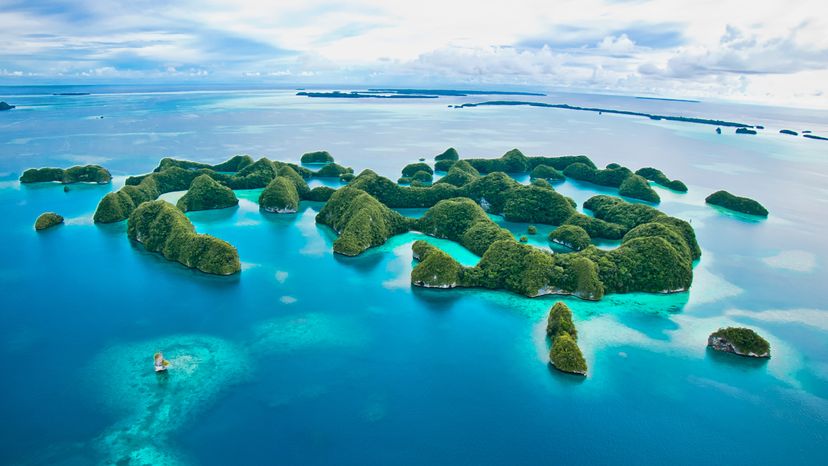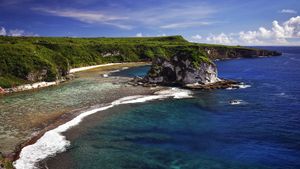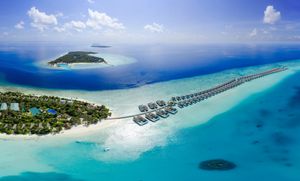
Imagine a paradise with pristine beaches, vibrant coral reefs, and a rich cultural history. This is Palau, an island nation in the western Pacific Ocean, known for its sustainable tourism initiatives and commitment to preserving its natural beauty. In this blog post, we will explore the fascinating Republic of Palau, delving into its past, geography, people, environment, and more. Join us on this journey to uncover the wonders of this enchanting archipelago.
Short Summary
- Explore the Republic of Palau and its unique attractions, such as Jellyfish Lake and Rock Islands.
- Palau is a culturally diverse nation with strong diplomatic ties to many countries in the western Pacific.
- The US provides defense support for Palau through various agreements including the Compact of Free Association and Shiprider Agreement.
Advertisement











